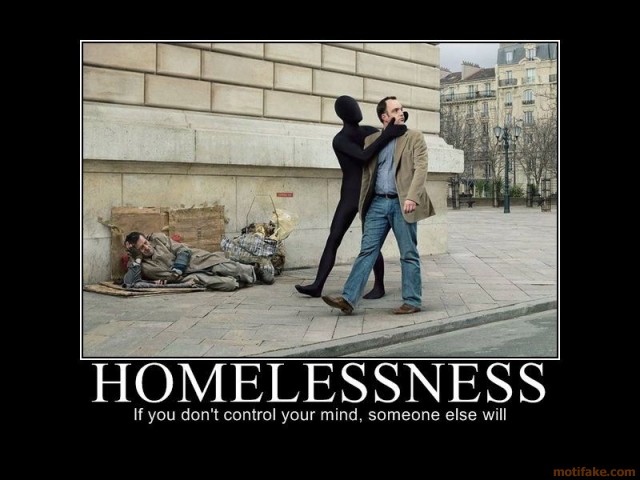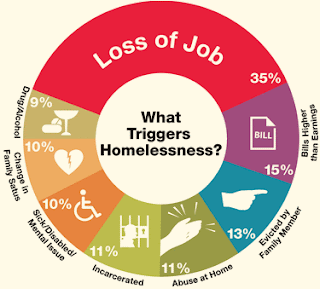
When God wakes you up at 5 am to write about Sola Scriptura, you should listen,
because He isn't going to let you sleep otherwise.
As a disclaimer, I am not a Catholic Scholar, I do not wish to impose my views upon others, merely encourage personal research and discussion about this topic.
I'm not perfect. I make mistakes and I pray that my Merciful and Loving Father, Jehovah-Jireh, will guide my writing so it may be true and bound together with His word. I also pray that this post reaches the ears and hearts of those who need it.
Sola Scriptura and what I have come to understand with my own personal research:
Firstly, Sola Scriptura, in Latin, means "by scripture alone". This phrase refers to the belief in most protestant churches that the bible is the supreme and ONLY authority in all matters of doctrine and practice of faith.
As a protestant, I was prepared to bring all the "crazy Catholics" to Christ by relaying scripture that I believed to be affirming Sola Scriptura. The most common scripture was 2 Timothy 3:16-17.
But wait, does it truly affirm Sola Scriptura?
Let's take a look at the verse: "All scripture is inspired by God and is useful for teaching, for refutation, for correction, and for training in righteousness, so that one who belongs to God may be competent, equipped for every good work." 2 Tim 3:16-17.Background:
In order to understand this verse, we must understand the purpose Paul had for writing this letter. This is a Pastoral Epistle. This letter was written by Paul to Timothy, a young bishop that Paul himself ordained. This letter was written later in Paul's career and takes on character of a final exhortation and testament to Timothy. It contains instructions for the work of a pastor in caring for the community under his charge.
I would like to ask you, what is the pillar and foundation of truth?
once upon a time, my immediate answer would have been "the Bible", but I have since changed my answer to "the church" because of Paul's words to Timothy in 1 Timothy 3:15.
By understanding this verse and it's context within Paul's teaching on the mystery of our religion, we are able to understand that while Jesus was on earth, he did not establish a book to be the foundation of the christian faith, but a church. (Matthew 16:15-18, 18:15-18; Ephesians 2:20, 3:10, 3:20-21, 4:11-15; Hebrews 13:7,17)
Before A.D. 397 there was not an official collection of books and letters called the bible.
So what did they teach in the church that Christ founded?
They taught the law of the lord and writings from the apostles that where considered true and worth mentioning, some that were not included in the cannon.
So, if the church that Jesus had established did not have the bible, all bond together nicely, how did people know that what they heard from the church authorities and these letters was truthful?
Authority:
In Matthew 16 verses 15-19, Jesus asks the disciples who they thought he was. Simon peter replied "you are the messiah" Jesus then blessed peter saying "for flesh and blood has not revealed this to you, but my heavenly Father. And so I say to you, you are peter, and upon this rock I will build my church..." Jesus establishes that Peter (his name literally means rock) will be the man who he builds his church on. He goes on to give peter authority in the church by saying, "I will give you keys to the kingdom of heaven. whatever you bind on earth shall be bond in heaven; and whatever you loose on earth shall be loosed in heaven."
Jesus shall build his church upon peter and has given peter his authority to teach the people.
Through the laying on of hands as seen in acts 8 verses 14-17, Apostles received the authority of the Holy Spirit and through succession, that authority has been continuously passed down generation after generation until today. this is called Apostolic succession.
Incorporate background knowledge:
So, now that we know a little about the purpose of this letter to Timothy, The true pillar and foundation of truth, Christ's establishment of a church, the teachings before the bible was canonized, the Authority Christ gave peter, and apostolic succession that is still in authority today, We can look back at 2 Timothy 3:16-17 once again.
"All scripture is inspired by God and is useful for teaching, for refutation, for correction, and for training in righteousness, so that one who belongs to God may be competent, equipped for every good work." 2 Tim 3:16-17.Where does this verse say that Scripture is the only authority?
It states that scripture is "inspired by God", that it is "useful for teaching", "for refutation", and more, but it does NOT state that it is the only source for teaching, for refutation, for correction, and so forth.
Scripture is the "standard of truth" but not in a way that eliminates or denies the binding authority of authentic apostolic tradition and the Church.
To my knowledge, there is no biblical evidence for scripture as the rule of faith in isolation from the Church and Tradition.
If I were to ask you what is the "Word of God", what would you say?
Scripture? The bible?
What if I were to tell you that the "word of God" refers to teachings both oral and written?
Jeremiah 25 shows us how the word of God was given to the people of Jerusalem by the prophet Jeremiah orally. the people would not listen, yet God held them accountable for what they had heard.
Oral teaching holds authority.
Lets take this back to 2 Timothy.
"Take as your norm the sound words that you heard from me, in the faith and love that are in Christ Jesus. Guard this rich trust with the help of the holy Spirit that dwells within us"1:13-14
"And what you heard from me through many witnesses entrust to faithful people who will have the ability to teach others as well." 2:2
"but you, remain faithful to what you have learned and believed, because you know from whom you learned it" 3:14Each of these show the authority that Paul places on oral teaching of the "word of God"
Tradition:
Lets take this one step further.
As a protestant, I used the concept of Sola Scripture to denounce the authority of tradition.
I have since seen how tradition can be the fulfillment of the scriptures and is good.
I think all can agree that tradition, when corrupt, is bad. (Matthew 15:2-6, Mark 7:8-13, Colossians 2:8)
But, when tradition is in harmony with and does not oppose the word of God, it is good. (Acts 2:42, 1 Corinthians 11:2, 2 Thessalonians 2:15, 2 Timothy 1:13-14, 2:2)
Often times, people look at Catholicism and don't understand it. That's ok.
By reading the works of the church fathers and researching the original way the church held a service, we are able to see the beauty of tradition and how, while not always directly written in the scriptures, it is never against the Word of God. Traditions are given the purpose of encouraging and uplifting someone so they may live a life in accordance with the scriptures and one that brings glory to God.
All-in-all,
I have found that Sola Scriptura is not biblical, but that Sacred Scripture, Sacred Traditions, and the authority of the Church (three-legged stool) work together to create a beautiful and holy body of Christ that, by grace, are saved through faith acted out by works of love.
I hope this has given you thought-provoking material and encouraged you to do your own research, ask questions, and never stop searching for the true church of our Father.
If you have any questions or want to know my opinion or personal research on a subject, please don't hesitate to ask. I encourage you to find fault in my work so that I may be strengthened and equipped.
"consider it all joy, my brothers, when you encounter various trials, for you know that the testing of your faith produces perseverance. and let perseverance be perfect, so that you may be perfect and complete, lacking nothing." james 1:2-4
1. According to Scripture: Sola Scripture
2. Refutation of Sola Scriptura
3. Armstrong, Dave. Proving the Catholic Faith Is Biblical: From Priestly Celibacy to the Rosary: 80 Short Essays Explaining the Biblical Basis of Catholicism. Manchester: Sophia Institute, 2015. Print.
4. Keating, Karl. Catholicism and Fundamentalism: The Attack on "Romanism" by "Bible Christians" San Francisco: Ignatius, 1988. Print.































